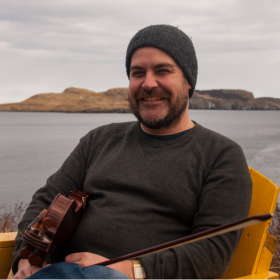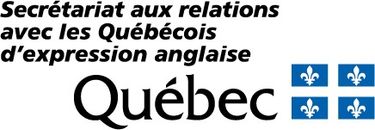PhD candidate, Ethnomusicology, Memorial University
July 2021
Please tell us a bit about yourself and what you are currently working on.
I was brought up in the Greater Toronto area, and moved to Montreal in 2005 after finishing a bachelor’s degree in engineering. Once here, I quickly got involved in the folk and country music scenes. I’m completing a PhD in ethnomusicology at Memorial University in Newfoundland about home recording practices in the English-speaking community in Gaspé and setting up digital sound archives. In 2019-2020, I worked for the Quebec Anglophone Heritage Network (QAHN) on a project called “A Different Tune,” a province-wide survey of musical culture to document and celebrate musical heritage in Quebec’s diverse English-speaking communities. Currently, I’m helping them with online programming and digital content.



